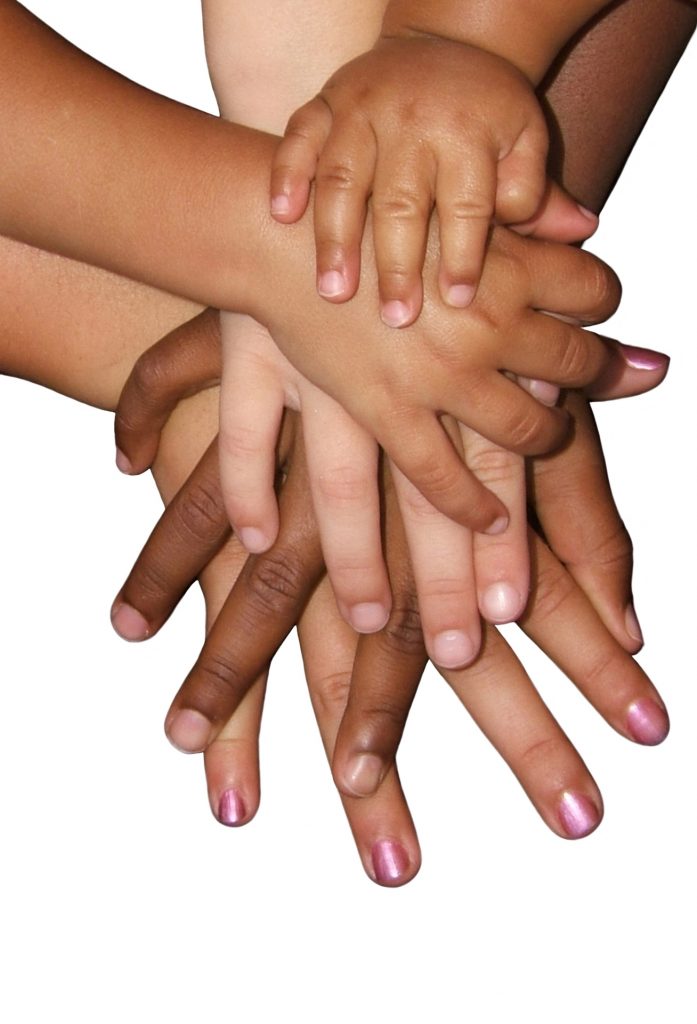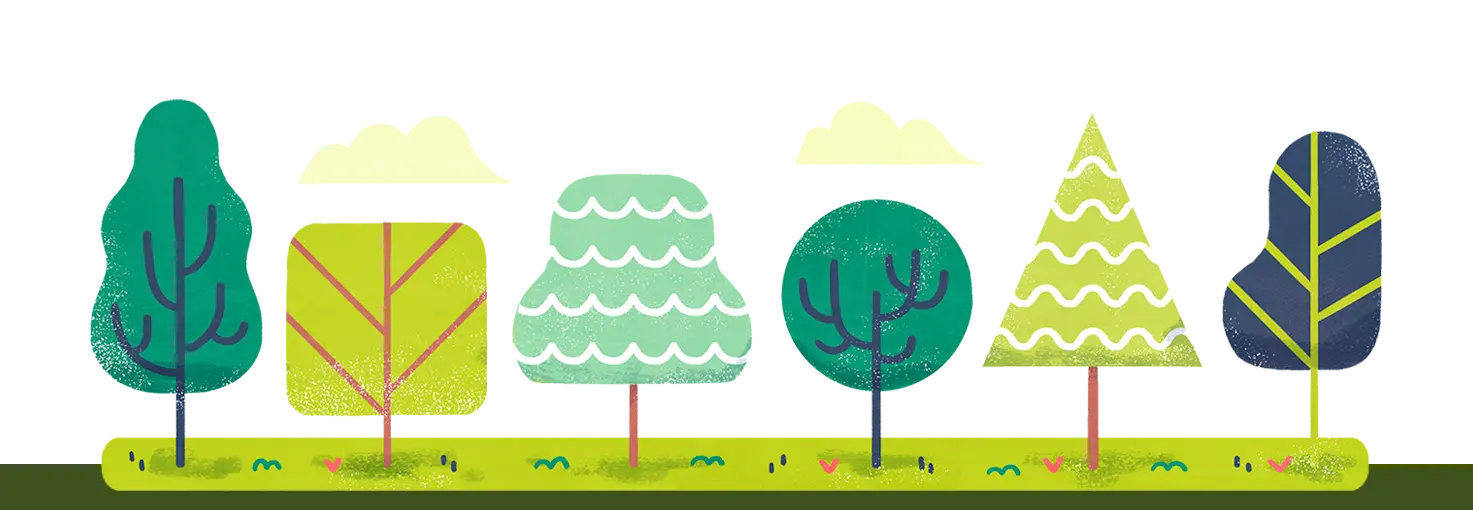Posted on April 6, 2013 by vnarula
“Mr. Finneas, your 9 am is here.”
“Send him in.”
Door creaks open.
“Come in, come in. You must be Mr. Quercus Alba.”
“Yes, sir. But you can call me Bob.”
“Sure Bob. Please have a seat.”
“I prefer to stand, sir.”
“Sure. Look, Bob, we reviewed your resume and here’s what we think: it’s outstanding. Graduated top of your class. Strong commitment to community service. Ivy League.”
“It’s actually oak, sir.”
“Right. What’s more, you have an impressive skill set.”
“Well, it’s nothing really…I…”
“Nothing? Produce oxygen, improve air quality, clean the soil, control noise pollution, slow storm water run off, provide shade, act as a windbreak, fight soil erosion…”
“Create spreadsheets.”
“Really…I…didn’t…”
“Kidding.”
“Right. Look Bob, your skills are great, but we’re concerned about our bottom line here at Finneas and Fir, and well, you know…”
“Money doesn’t grow on trees, right?”
“Right.”
“Wrong, sir. I increase property values too.”
“Really?”
“Second page, sir, under additional qualifications — next to eye for detail.”
“Right. Well, I think that settles it. Congratulations Bob. You’re hired. Now if we only had more overachievers like you on board, we’d be able to cut out some of the deadwood around here.”
“Excuse me, sir?”
“Figure of speech.”
“Oh.”
If trees were employees, anyone would hire them. They are great workers. They don’t take vacations, they work long hours and definitely don’t embarrass themselves at office parties.
Like any great worker, they impact the environment around them. The roles that trees play in our neighborhoods and our communities directly affect the quality of our air, water and soil. What are some of those roles?
Trees make our lungs happy by cleaning the air. They take in carbon dioxide through their leaves and give off oxygen we need to breathe. A mature tree pumps out as much oxygen in one season as 10 people will inhale in an entire year.
When there’s rain, a tree’s roots help hold soil in place to prevent erosion, which not only saves soil but also keeps our streams, rivers and lakes cleaner.
“Trees, these wonderful stewards of the Earth, deserve our appreciation. On April 22, Earth Day, we invite you to spread the love.”
Of course, they are many ways in which trees affect our environment. That’s why these wonderful stewards of the Earth deserve our appreciation. On April 22, Earth Day, we invite you to spread the love.

On Earth Day we’re giving hundreds of trees away to over 10 schools throughout the Twin Cities. If you’re the parent of a child getting a tree, plant it with them and make it an event. Post a picture on Facebook or tweet about it to your friends and family. Your tree will love all the attention.
The trees are ready to meet their new families this Earth Day. Make them feel welcome. They’ve got a lot of work to do!
For more information on the many ways in which trees affect our urban environments, check out this excellent video.




